Green’s New Growth
With top international restaurants forgoing meat and fish, and traditionally vegetarian cuisines more popular than ever, plant-based eating is truly going global.
Eleven Madison Park (EMP) – New York City, USA
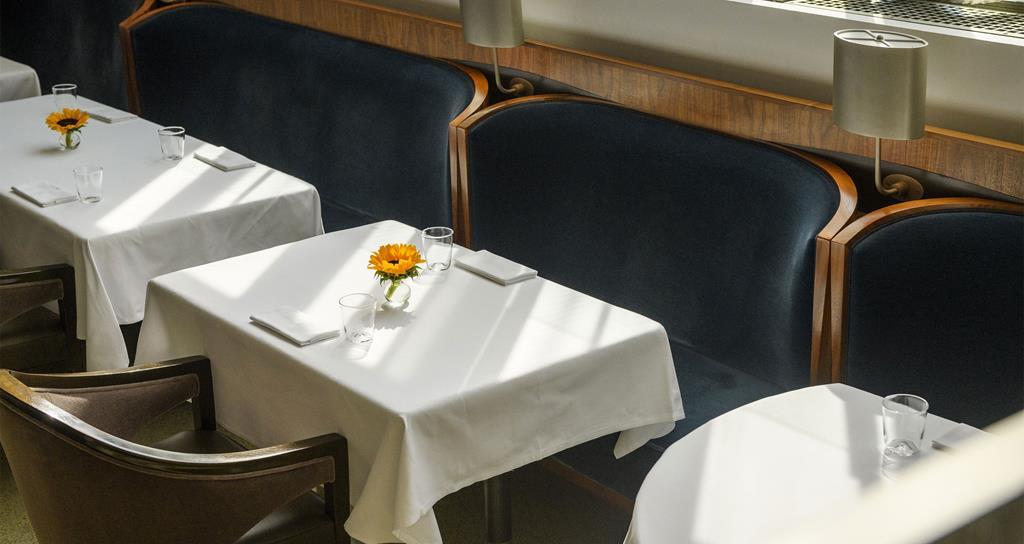
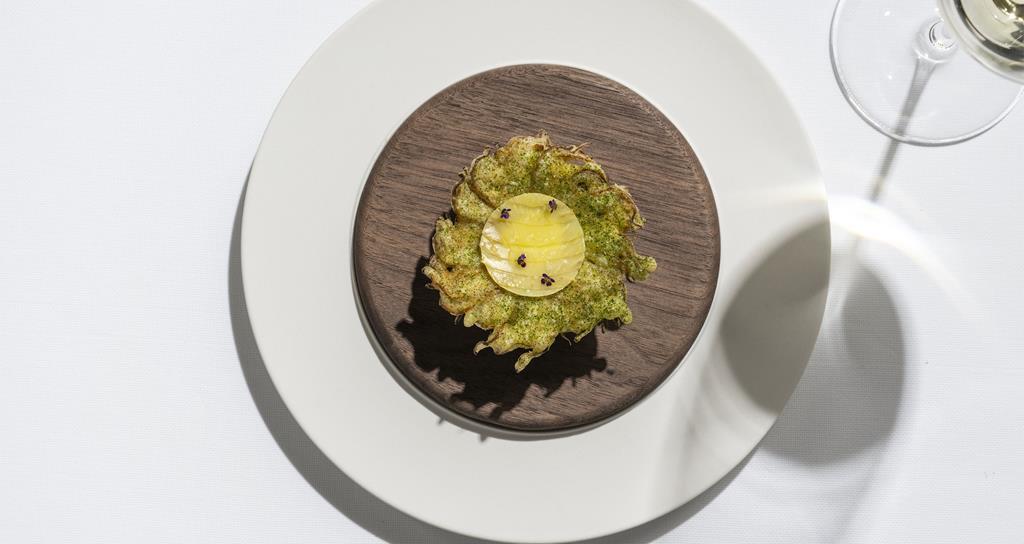

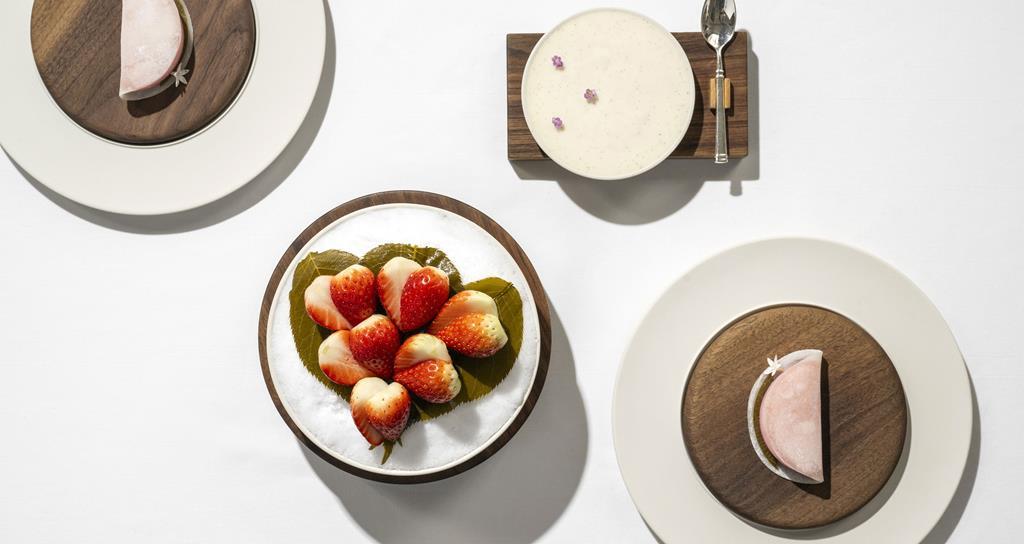
Swiss-born chef Daniel Humm sent ripples through the gastronomic world in 2021 when he declared that his acclaimed Manhattan eatery would be pivoting to vegan cuisine following the COVID-19 lockdown. Before the buzz had time to die down, EMP hit the headlines once again in 2022 by becoming the first vegan restaurant to receive three Michelin stars. EMP’s rapid ascent – and even more so, its continued popularity – is a testament to both Humm’s impressive skill and a growing mainstream acceptance of plant-focussed cuisine.
TIAN – Vienna, Austria



All-vegetarian and 80% vegan, the ambitious cooking of chef Paul Ivić brings traditional agricultural savoir-faire back to the gourmet world with a menu that changes following the microseasons, the produce available, and Ivić’s unwavering focus on delivering perfection. In his words, “I don’t want to convert people, but let them taste and feel how wonderfully diverse flavours can be beyond fish and meat.” A remarkable variety of vegetables, roots, leaves and flowers appear on TIAN’s plates, from humble pumpkin elevated with cedar seeds and ginger to Alba truffle pasta with lemon nage.
Seven Swans – Frankfurt, Germany
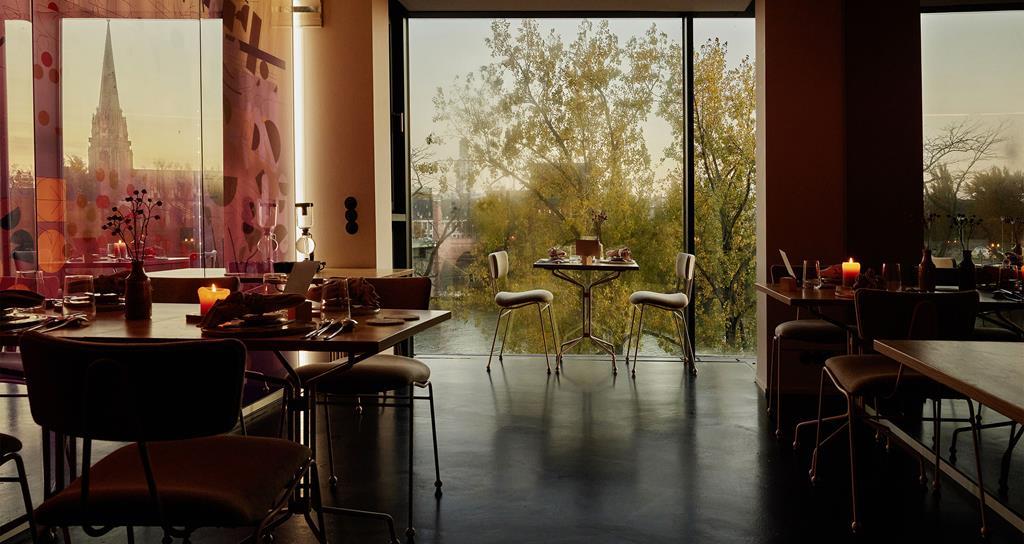
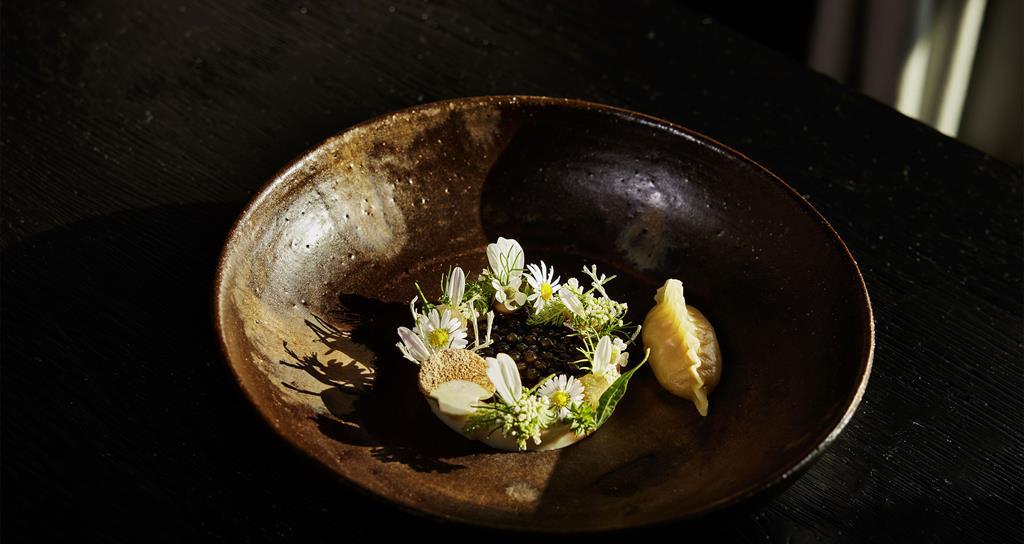
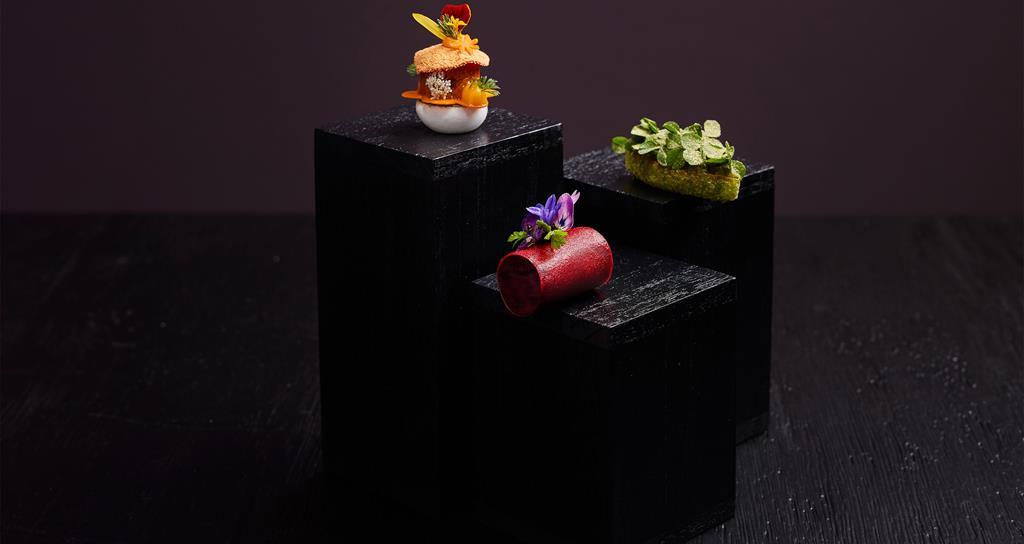
Ricky Saward’s commitment to sustainability expands beyond the principles of veganism, eschewing ubiquitous imported ingredients like chocolate and coffee in favour of local vegetables, fruits and herbs grown in his permaculture garden in the nearby Taunus mountains. Even spices and seasonings – beyond the odd pinch of salt or organic beet sugar – are used only sparingly. In a slender, glass-fronted townhouse overlooking the Main River, the bounty of local freshness is braised, grilled and caramelised into pared-back masterpieces capable of winning over even the most sceptical of omnivores.
King’s Joy – Beijing, China

Influenced by Buddhist principles from the times of the Han dynasty, China has a long history of plant-centric eating, which makes this restaurant’s location opposite the famous Lama Temple a fitting one. King’s Joy head chef Gary Yin, at the helm of the family business since 2018, employs an impressive range of ingredients to ensure that every visit remains an eye-opening – and palate-expanding – event. Umami-rich mushrooms have become a particular focus on the tasting menu including morels, wood-ears and bamboo pith.
Joia – Milan, Italy
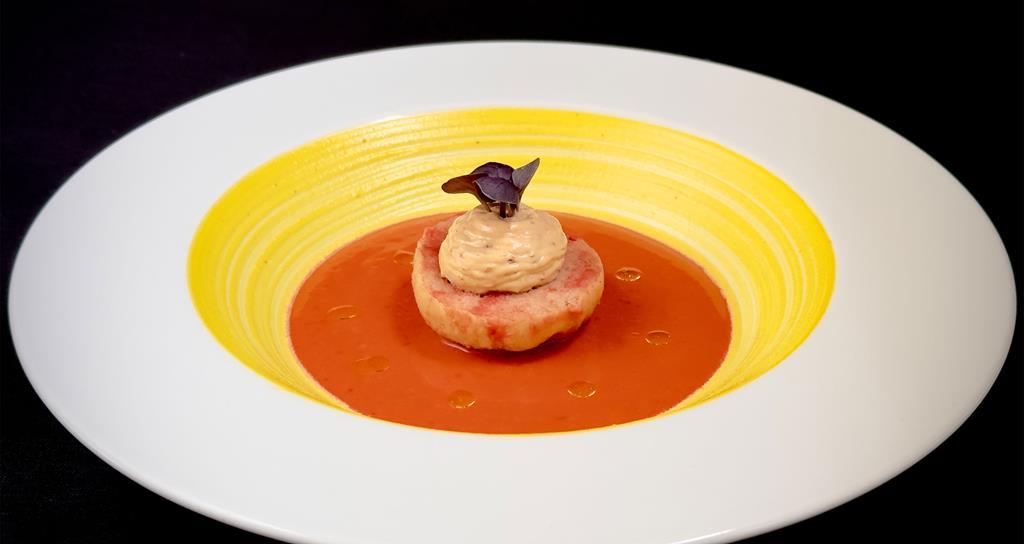
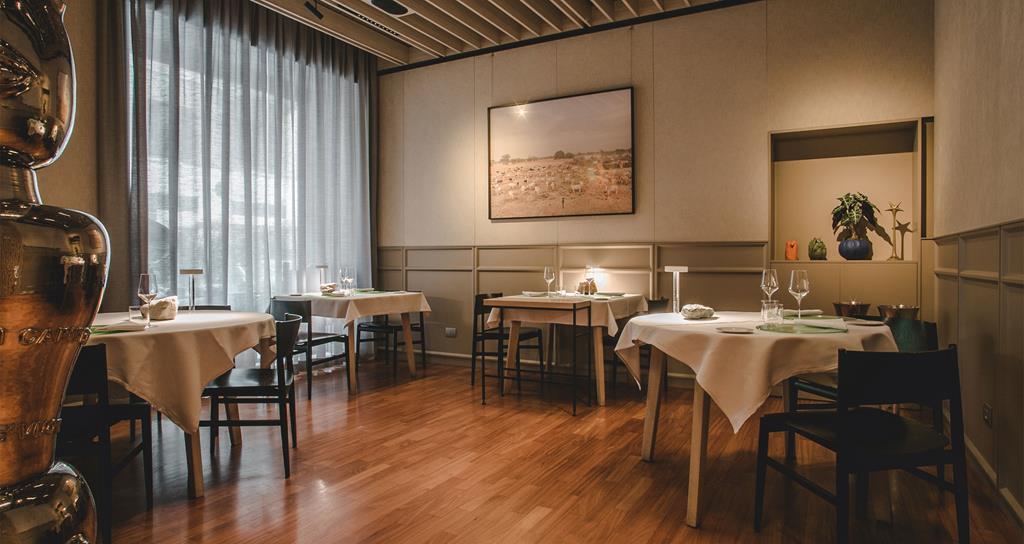
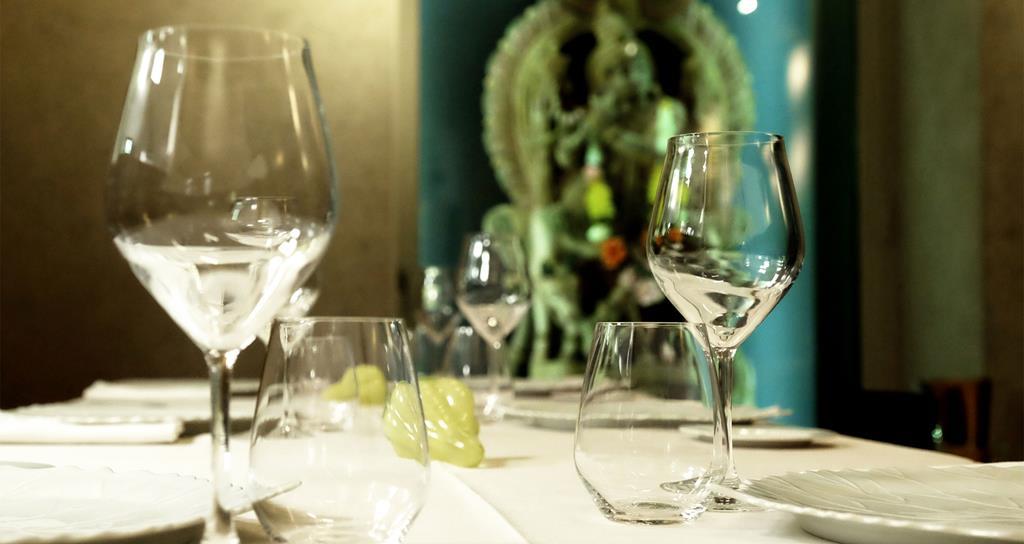
Before the recent precipitous growth of plant-based diets, Italian chef Pietro Leemann was inspired by his travels in Asia to advocate for eco-friendly, ethical vegetarian cuisine. His efforts were rewarded when Joia, located in Milan’s Porta Venezia district, became the first vegetarian restaurant in Europe to earn a Michelin star. Decades on, the world is finally catching up. The focus of Joia’s offering is locally sourced organic produce, 80% of which is vegan and gluten-free.
Encanto – Lisbon, Portugal

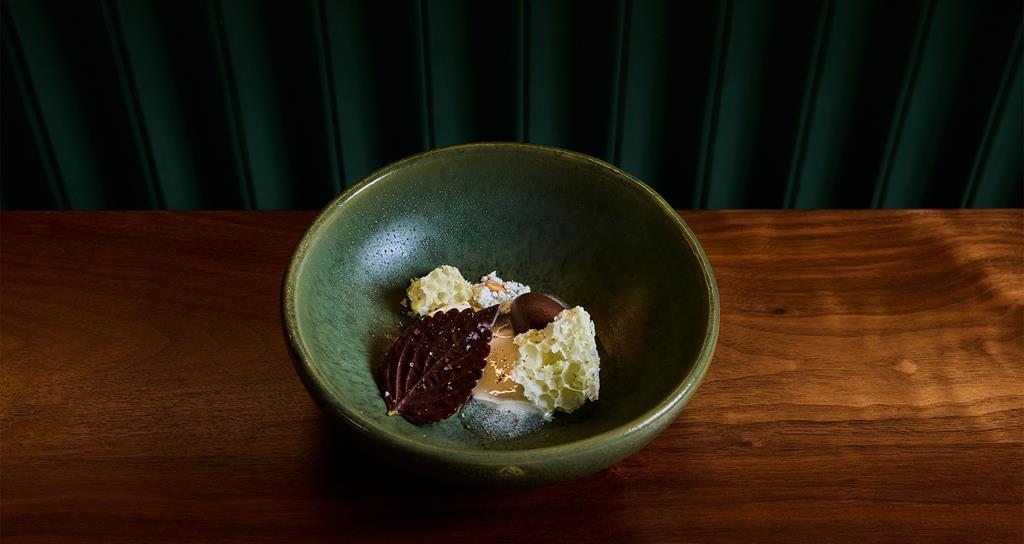
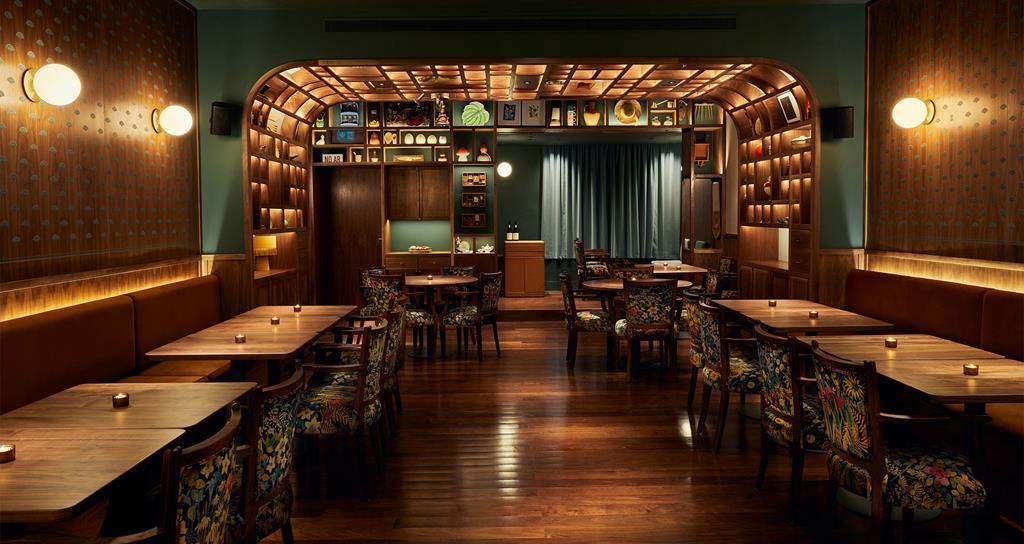
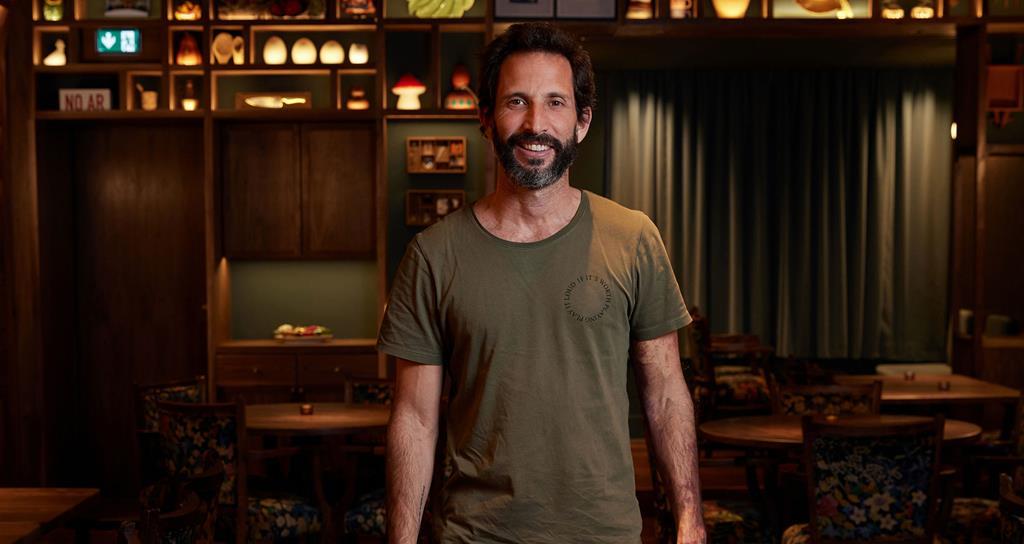
Sustainability has always been a priority for renowned Portuguese chef José Avillez, and his first vegetarian venture, Encanto, is no exception. Right next door to his celebrated Belcanto restaurant in the historic Lisbon district of Chiado, the space’s curio-filled shelves and cosy wooden decor offer an intimate atmosphere in which to enjoy the 12-course tasting menu of locally grown vegetal delights, complemented by an ample array of biodynamic wines, craft beers, juices, infusions and kombuchas.
Gauthier – London, UK
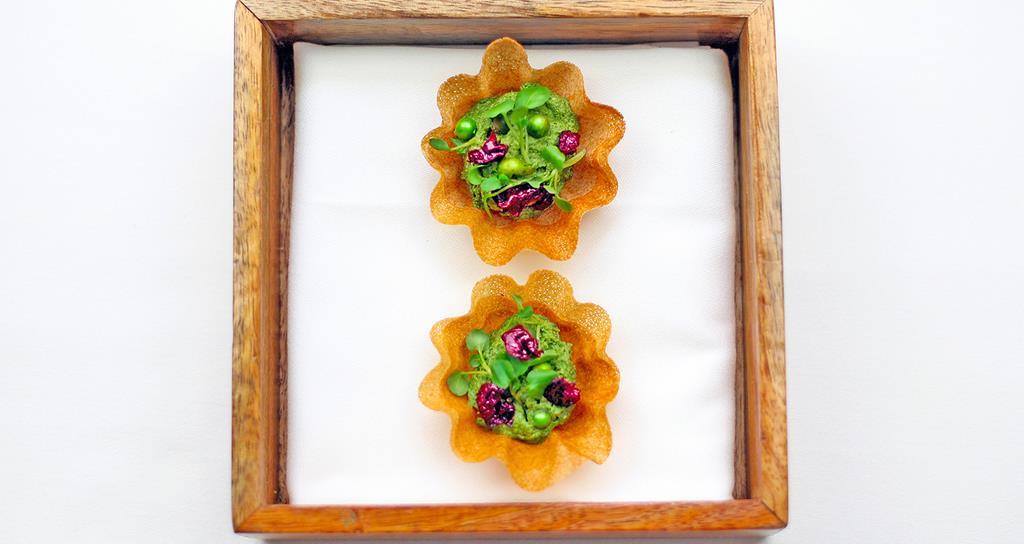


The recent wave of vegetarian-vegan innovation aligns perfectly with the fast-paced dynamism that has long defined the gastro scene of the British capital. However, of all the plant-based eateries opening their doors along the Thames, Gauthier is a particular standout. Drawing on his roots in classic French cooking, Alexis Gauthier delivers sophisticated fine dining – think airy brioche feuilletée or celeriac dauphinois – accompanied by all-vegan wines or innovative alcohol-free pairings.
Geranium – Copenhagen, Denmark

Geranium in central Copenhagen is another local institution that made the decision to go meat-free back in 2021, opting instead for creative servings of vegetables, fish and seafood. The very next year, it proved naysayers wrong by claiming the top spot among the World’s 50 Best Restaurants. The ingredient list ranges from white snail caviar to crispy fried seaweed and smoked rygeost cheese – always with delicious results.
Horváth – Berlin, Germany
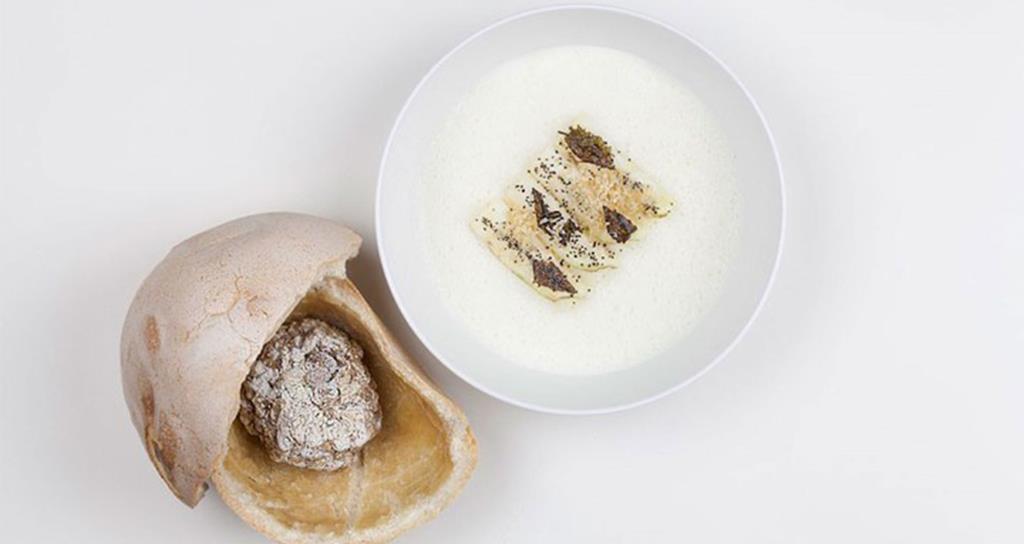
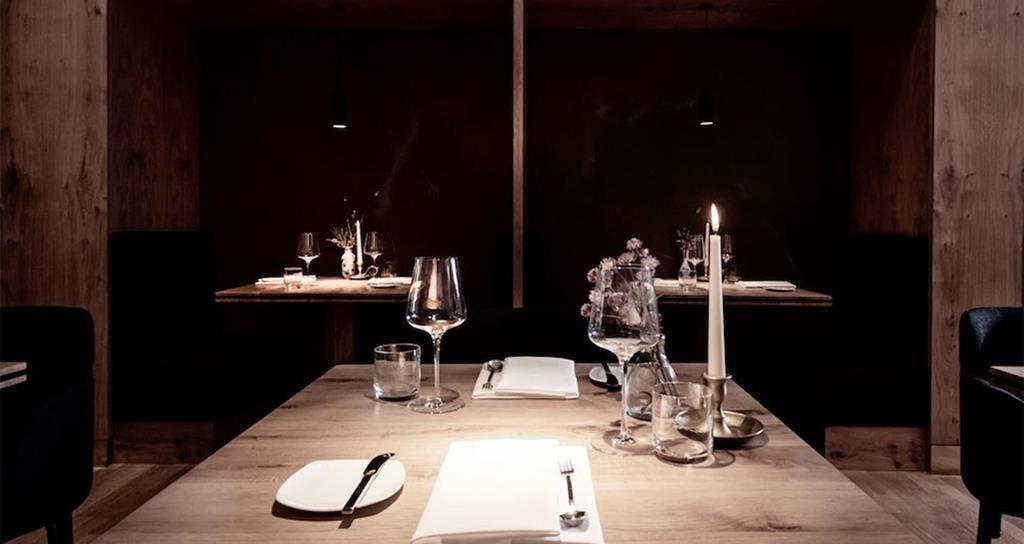
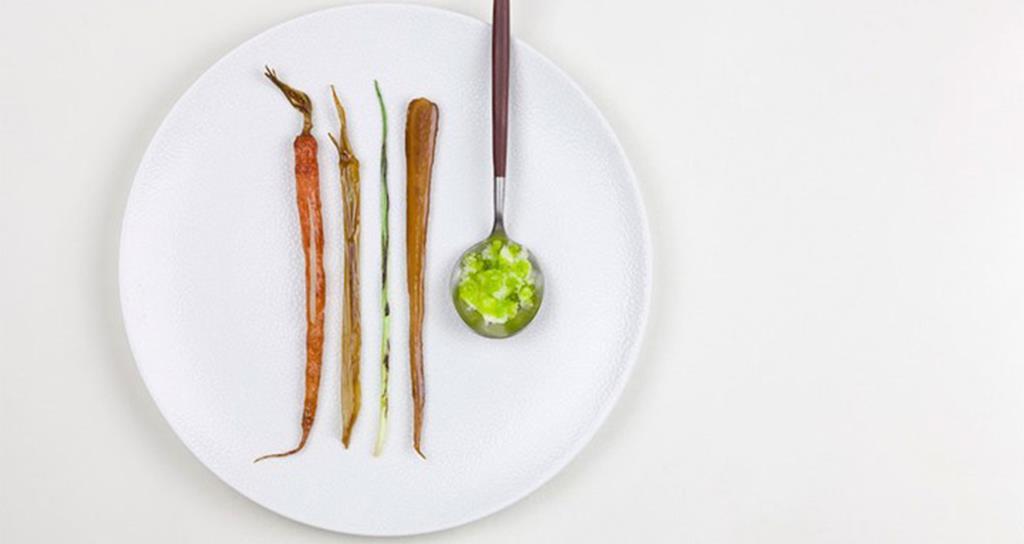
Berlin-based chef Sebastian Frank combines the gastronomic heritage of Eastern Europe and his Austrian homeland with Scandinavian influences to create menus that place vegetables and fruits front and centre. Some dishes are sparingly enhanced with meat-based flavours and seasonings, but a vegetarian alternative is always available. His signature dish, a melt-in-the-mouth “mushroom liver” made with king oyster mushrooms, is an absolute must-try.
Fu He Hui – Shanghai, China

Inspired by Buddhist temple cuisine, Shanghai top chef Tony Lu’s exquisitely presented plates prove that the deep umami of Chinese mushrooms can compete with any meat dish – as evinced by his two Michelin stars and his rankings on the official World’s 50 Best Restaurants and Best Restaurants in Asia lists. The tasting menu is served in minimalist private rooms alongside pairings of fine Chinese teas for an elegant dining experience.
L’Arpège – Paris, France

Alain Passard became a pioneer in the world of vegetarian haute cuisine when he removed meat almost entirely from the menu of his Paris restaurant, L’Aprège, hitherto known as one of the city’s finest rôtisseries. Today, what he calls “vegetal tissue” is his greatest source of inspiration. Fresh produce lies at the heart of each creation, much of which arrives in a daily lunchtime delivery from his own gardens, resulting in a delightfully seasonal experience.
KLE – Zurich, Switzerland

Chef Zizi Hattab is considered something of a guru when it comes to plant-centric dining. The complex flavours of her fully vegan comfort food at KLE have turned an unassuming neighbourhood tavern into one of the most popular eateries in town, offering an ever-shifting menu of in-season eating. Also worth a visit is Hattab’s second opening in the city, Dar, which is a more casual spot serving Spanish and Moroccan vegan fare.
Cookies Cream – Berlin, Germany

This cult restaurant started out as the spin-off of a club whose fame it has long since surpassed (and which subsequently became owner “Cookie” Heinz Gindullis’ second culinary venture, Crackers). That super-hip Berlin energy lingers in the bare concrete walls and tantalisingly offbeat vibe, but the real draw is the food: made with produce grown just outside the city, it is some of Germany’s best.
Daigo – Tokyo, Japan
Formed of eight private dining rooms set amid a verdant garden, Diago feels like an oasis of tranquillity in the heart of the Tokyo bustle. If you’re looking for an authentic Japanese experience, its Buddhist-inspired cuisine and traditional furnishings are sure to satisfy. Enjoying soba noodles with green onions, Japanese mustard and seaweed at a low table with views of the lush outdoor area makes for a deeply satisfying and peaceful meal.
Avatara – Dubai, UAE
The only UAE location to make the 2024 World’s 50 Best Restaurants list brings cuisine rooted in Ayurvedic practices – and a burst of Indian flavour – to the Arabian Peninsula. Inspired by his predominantly vegetarian upbringing in the Himalayan foothills, as well as his experience at Ananda in the Himalayas hotel and Avatara’s sister restaurant, Trèsind Studio, chef Rahul Rana’s tasting menu is both intricate and visually stunning. The ambience in the plant-filled dining room is equally impressive, with all-green decor and an eye-catching mural inspired by Hindu mythology.
Oyster Oyster – Washington DC, USA
The name may not immediately suggest vegetable-forward dining, but Oyster Oyster owner and chef Rob Rubba chose to make those eponymous molluscs the one exception in his all-veggie offering for two reasons: their lack of sentience and their water-filtering environmental benefits. Bivalves aside, produce sourced from nearby farms is the restaurant’s focus, transformed into creative, enjoyable plant-based fare following a rigid low-waste protocol. And for what it’s worth, the other “oyster” actually refers to his predilection for oyster mushrooms.
Photos: Evan Sung, © Eleven Madison Park, Ingo Pertramer, © Seven Swans, © King's Joy, Manuela Vanni, Ludovica Mollona, Lucio Elio, Grupo Jose Avillez, © Gauthier Soho, Claes Bech Poulsen, White Kitchen, © Fu He Hui, S Delpech, Douglas McWall, © KLE, Emil Schramm, © Avatara


















